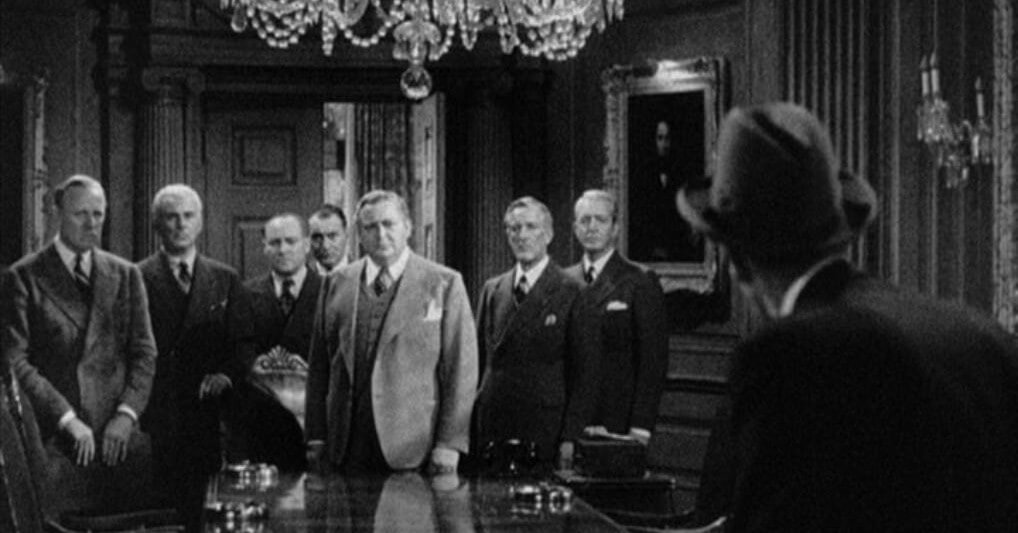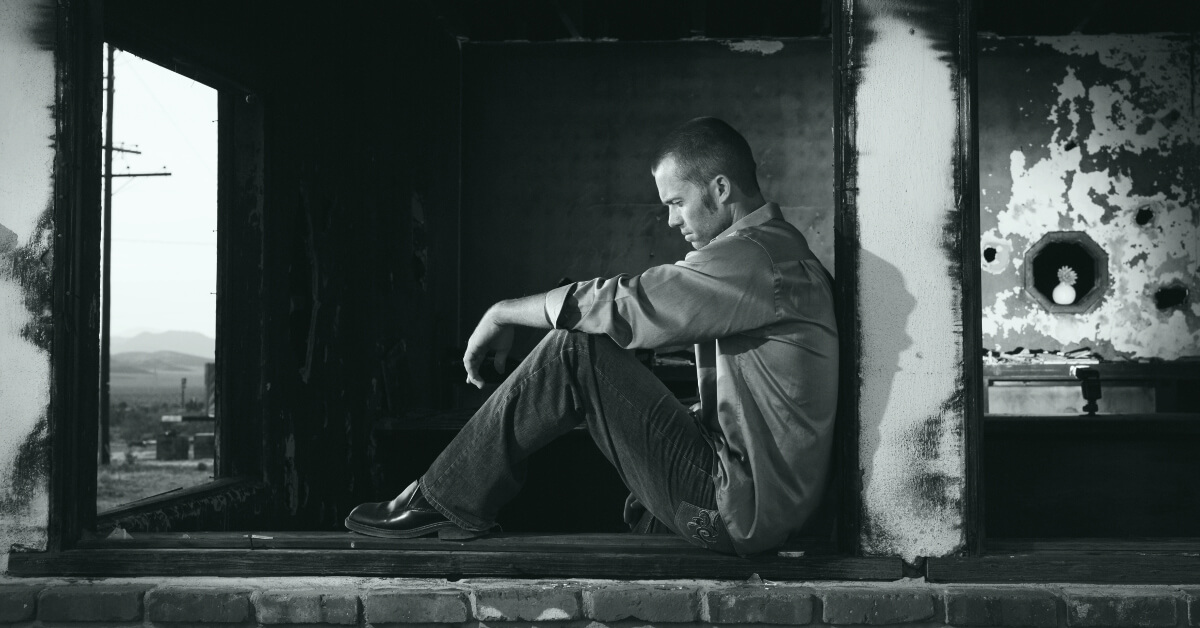Our church’s liturgy includes a confession of sin near the beginning of every Sunday morning worship service. This week, our pastor borrowed the words of John Calvin’s Strasbourg Liturgy. Calvin’s confession ends on a note of hope, asking God to “blot out our sins and stains… producing in us the fruits of righteousness and innocence which are pleasing to You,” but it takes a hard road to get there, mourning that “we are poor sinners, conceived and born in iniquity and corruption, prone to do evil, incapable of any good, and in our depravity we transgress Your holy commandments without end or ceasing.”
Such grim language feels out of touch with the cotton-candy religiosity of our culture, but we use it because it reflects how the Bible speaks of sin. It was not Calvin but God who warned through Jeremiah that “The heart is deceitful above all things, and desperately sick” (Jer 17:9). It was not Calvin but God who inspired Paul to declare that “all have sinned and fall short of the glory of God” (Rom 3:23). The Bible is not shy about calling us sinners, nor about declaring sin damnable apart from the grace of God, so Bible-believing churches teach the same. But unless we’re careful, these scriptural truths can make the gospel feel less urgent, less relevant, for those who grew up with all the advantages of a Christian family and a Christian community and struggle to see themselves as desperately wicked sinners.







